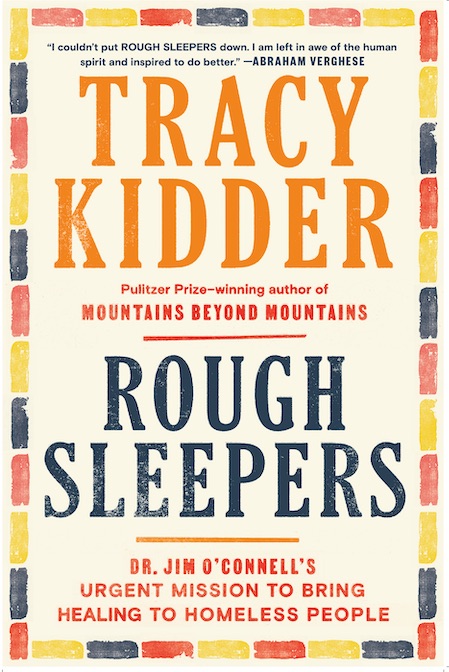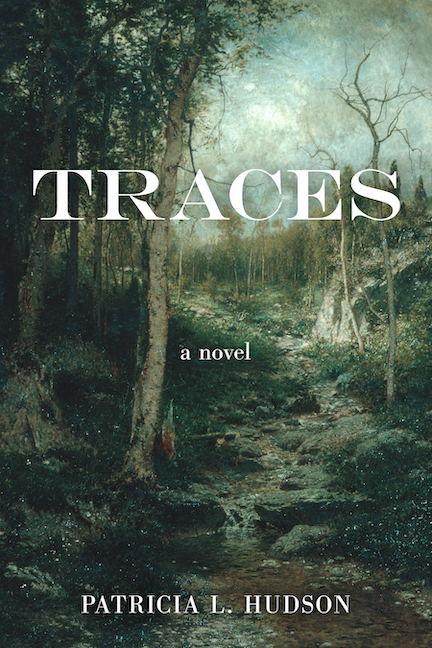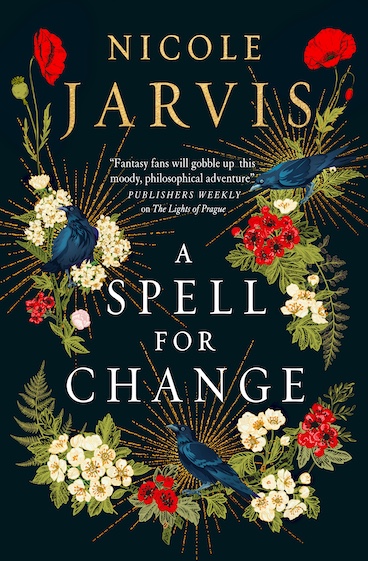Cooking with Umma
Suzanne Park’s So We Meet Again combines humor, family, and cooking
Comedian and novelist Suzanne Park delivers the laughs with her contemporary romance So We Meet Again, a perfect comfort read for all the foodies and homebodies who love to live (and eat!) vicariously.
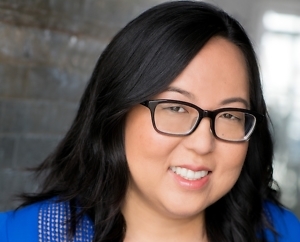
Jessie Kim did everything right. She was studious in school, paid her dues with internships, and landed a job on Wall Street as an investment banker. For all intents and purposes, she’d made it. She was an accomplished, independent woman. It didn’t matter that her workplace was packed with men who did half the work and took all the credit, or that most of the women dealt with offensive or dismissive comments. Jessie had built a life she could be proud of. More importantly, it was a life that impressed her Korean parents, whom she often addresses as Umma (Mom) and Appa (Dad).
But when Jessie is fired via a virtual meeting because she is “not a leader,” she’s forced to reevaluate her career goals and aspirations. With nowhere else to go, she sheepishly returns home to her parents’ house in Nashville, where she hides out for several days in her childhood bedroom, debating how to explain her sudden reappearance to everyone in town. She has the grocery delivery woman, Flora, chuck her coffee ingredients through the second-story window and spends her time working on an in-depth spreadsheet about the trajectory of her life.
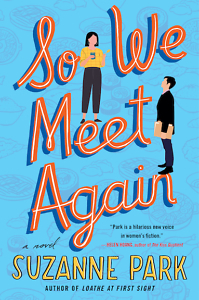 Eventually forced to go out on an errand for her mother, Jessie winds up at the Asian market fighting to snag some discount bags of rice. The problem is the bags are 50 pounds each, and Jessie struggles to get them off the pallet and into her cart. Plus, she’s starving, and the delightful smells of the food court aren’t helping. Most of the people in the store are “geriatric, some weighing far less than one hundred pounds,” so Jessie is forced to deadlift the two 50-pound bags into her cart, her knees cracking in protest in the process: “Crack! My knees popped again as I squatted like a sumo wrestler, grabbing a second bag on a higher stack and pulling it toward me like I was hugging a large bear I’d won at a carnival.”
Eventually forced to go out on an errand for her mother, Jessie winds up at the Asian market fighting to snag some discount bags of rice. The problem is the bags are 50 pounds each, and Jessie struggles to get them off the pallet and into her cart. Plus, she’s starving, and the delightful smells of the food court aren’t helping. Most of the people in the store are “geriatric, some weighing far less than one hundred pounds,” so Jessie is forced to deadlift the two 50-pound bags into her cart, her knees cracking in protest in the process: “Crack! My knees popped again as I squatted like a sumo wrestler, grabbing a second bag on a higher stack and pulling it toward me like I was hugging a large bear I’d won at a carnival.”
After giving the elderly customers a show with her rusty lifting skills, Jessie heads over to the food court. Since her grocery cart won’t fit into the tight enclave for the restaurant kiosks, she decides to approach an attractive man eating at one of the tables and ask him to watch her rice while she orders a meal to-go. When the man turns around, however, Jessie recognizes him as her childhood nemesis, Daniel Choi. Jessie and Daniel’s accomplishments were always compared in school, and Daniel had been the golden child, leaving Jessie feeling like the perpetual loser in the contest between them: “He was a barometer of my childhood failures, a constant reminder that I would never be good enough by Korean parental standards.”
Thus begins a comical rehashing of old dramas, with newly-returned-home Daniel and Jessie being compared by their parents — as well as the larger Korean-American community at Daniel’s father’s church — on every aspect of life, from dating prospects to job prospects to where they went to college. Jessie feels like she’s in middle school all over again, losing to Daniel in every aspect of life. But Daniel may not be the golden child he appears to be. Why else would he be back home living with his parents, too?
As Jessie becomes inspired to revitalize her long-abandoned cooking hacks YouTube channel, she meets a series of new and old friends who help her on her journey to build her own business from the ground up. But when her mother walks into the frame and starts correcting her cooking during her first livestream, the channel becomes a family endeavor, even generating “Umma to the rescue!” and “Umma Approved” memes signifying Jessie’s mother’s approval of each dish and cooking hack. The “Umma Approved” meme quickly morphs into a logo for Korean mother approval, while Jessie’s father also makes an appearance at the end of each stream to taste the food and give a double thumbs up of Appa approval.
Tennessee native Suzanne Park incorporates nods to Southern culture in the novel. Jessie, for example, has a “framed photo of Dolly Parton I’d gotten from a high school trip to Dollywood” on her desk, and she often looks to the photo for guidance and encouragement. The novel also features a Dolly-themed bar that Jessie visits with her friends. In addition to the Dolly-loving culture, Park imbues her novel with plenty of humor.
Readers of So We Meet Again may come for the romance, but the witty jokes and humor, Jessie’s loveable parents, and the mouth-watering food descriptions will have them eager for second helpings. Or thirds. Or fourths.
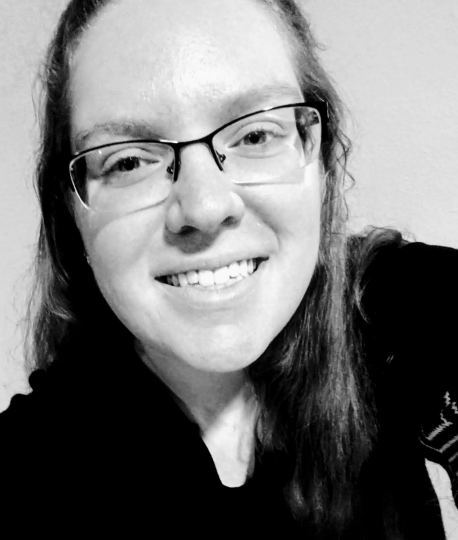
Abby N. Lewis is an assistant poetry editor at Minerva Rising Press and holds two M.A.s from East Tennessee State University. Her work has appeared in Across the Margin, Timber, Up the Staircase Quarterly, Red Eft Review, and elsewhere. She currently lives in Knoxville.
